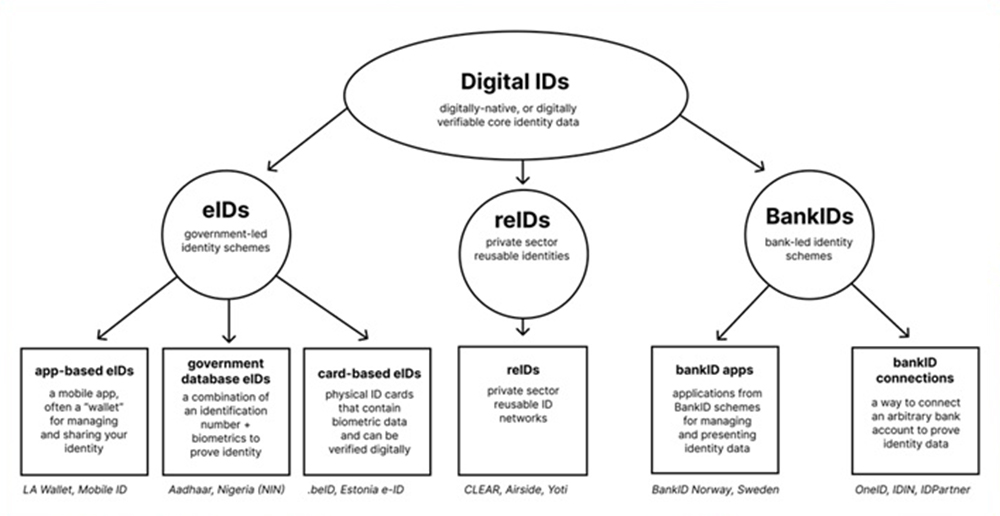
The Sri Lanka Unique Digital Identification (SL-UDI) system promises to revolutionize governance and public services by streamlining processes, enhancing transparency, and improving service delivery. However, the increasing frequency of cyber threats and government system breaches underscores the urgent need for a robust cybersecurity framework before its deployment. A dedicated Cybersecurity Task Force must be established to proactively identify vulnerabilities, prevent potential cyberattacks, and implement risk mitigation strategies, ensuring data security, system resilience, and public trust in this transformative digital initiative.
The Need for a Cybersecurity Task Force
As digital identity systems handle vast amounts of sensitive personal data, they become attractive targets for cybercriminals. Without a comprehensive and proactive security framework, Sri Lanka risks exposing its citizens to data breaches, identity theft, and other cyber threats. A Cybersecurity Task Force is essential to monitor vulnerabilities, mitigate threats, and establish rapid response mechanisms. By implementing advanced encryption, real-time threat detection, and strict compliance measures, Sri Lanka can ensure a secure and resilient digital identity ecosystem for its citizens.
Structure and Composition of the Cybersecurity Task Force
A successful Cybersecurity Task Force should include:
- Government cybersecurity agencies– To oversee regulatory enforcement and ensure national compliance.
- Private sector cybersecurity firms– To provide cutting-edge expertise and real-time security solutions.
- Academic researchers in cybersecurity– To bring knowledge on the latest cybersecurity trends and research-driven solutions.
- Law enforcement agencies – To investigate cybercrime and enforce legal measures.
- Ethical hackers and penetration testers – To proactively identify and address security loopholes.

Key Responsibilities of the Task Force
The Cybersecurity Task Force should focus on:
- Conducting risk assessments – Identifying vulnerabilities in the SL-UDI system before and after implementation.
- Developing security policies – Establishing clear cybersecurity frameworks and guidelines.
- Monitoring cyber threats – Utilizing real-time tracking and detection tools to identify and mitigate cyber threats.
- Incident response and recovery– Developing and implementing strategies to contain and recover from cyber incidents.
- Securing infrastructure– Ensuring the digital ID system is fortified with encryption, firewalls, and multi-factor authentication.
- Training government staff – Educating personnel responsible for managing the digital identity system on best cybersecurity practices.
International Security Standards and Compliance
The task force should align its security policies with international frameworks such as:
- SO/IEC 27001 – International standards for information security management.
- NIST Cybersecurity Framework – Best practices for improving cybersecurity risk management.
- General Data Protection Regulation (GDPR) principles – To establish transparency and accountability in handling citizens’ data.
Regular Security Audits and Penetration Testing
To maintain the highest level of security, the SL-UDI system should undergo:
- Frequent security audits – To identify and mitigate vulnerabilities in real time.
- Penetration testing– Engaging ethical hackers to simulate cyberattacks and expose weaknesses.
- Continuous monitoring – Implementing 24/7 surveillance for detecting and neutralizing potential threats.
Public Awareness and Citizen Education
To enhance cybersecurity at all levels, a public awareness campaign should educate citizens on:
- The importance of data protection and privacy.
- Safe online practices to prevent identity theft.
- How to report suspected cyber threats.
Collaboration with Global Cybersecurity Experts
Engaging with international cybersecurity firms and regulatory bodies will provide Sri Lanka with:
- Expertise from leading cybersecurity professionals – To strengthen defenses against evolving cyber threats.
- Technology-driven solutions – To implement AI-based threat detection and response mechanisms.
- Best practices from global case studies – Learning from countries that have successfully implemented digital ID systems.
Legislative and Regulatory Measures
The Sri Lankan government should introduce stringent data protection laws that:
- Clearly define how personal data is collected, stored, and used.
- Impose strict penalties for unauthorized access and misuse of digital identities.
- Establish a legal framework that mandates organizations to report security breaches.
Advanced Threat Detection and AI-Driven Security
Leveraging artificial intelligence and machine learning will enhance the SL-UDI system’s ability to:
- Detect suspicious activities in real time.
- Predict cyber threats before they occur.
- Automate security response mechanisms to reduce human error.
Crisis Management and Response Strategy
A comprehensive incident response plan should be in place to:
- Quickly detect and isolate breaches.
- Minimize damage and data loss.
- Restore system functionality with minimal downtime.
- Communicate transparently with the public during cyber incidents.
A dedicated Cybersecurity Task Force is fundamental for the safe, secure, and resilient implementation of the SL-UDI system. By adopting stringent cybersecurity policies, enforcing regulatory compliance, and leveraging AI-powered threat detection, Sri Lanka can create a robust digital identity framework that withstands emerging cyber risks. Additionally, fostering global cybersecurity collaborations, conducting regular security audits, and enhancing public awareness will further strengthen national cybersecurity defenses. A well-structured, proactive approach will not only safeguard sensitive citizen data but also reinforce trust in Sri Lanka’s digital transformation and governance modernization efforts.
– By: Eng. Chameera De Silva, MIEAust
Clinical Data Scientist – Annalise.ai
Lecturer in AI
Doctoral Scholar in AI
